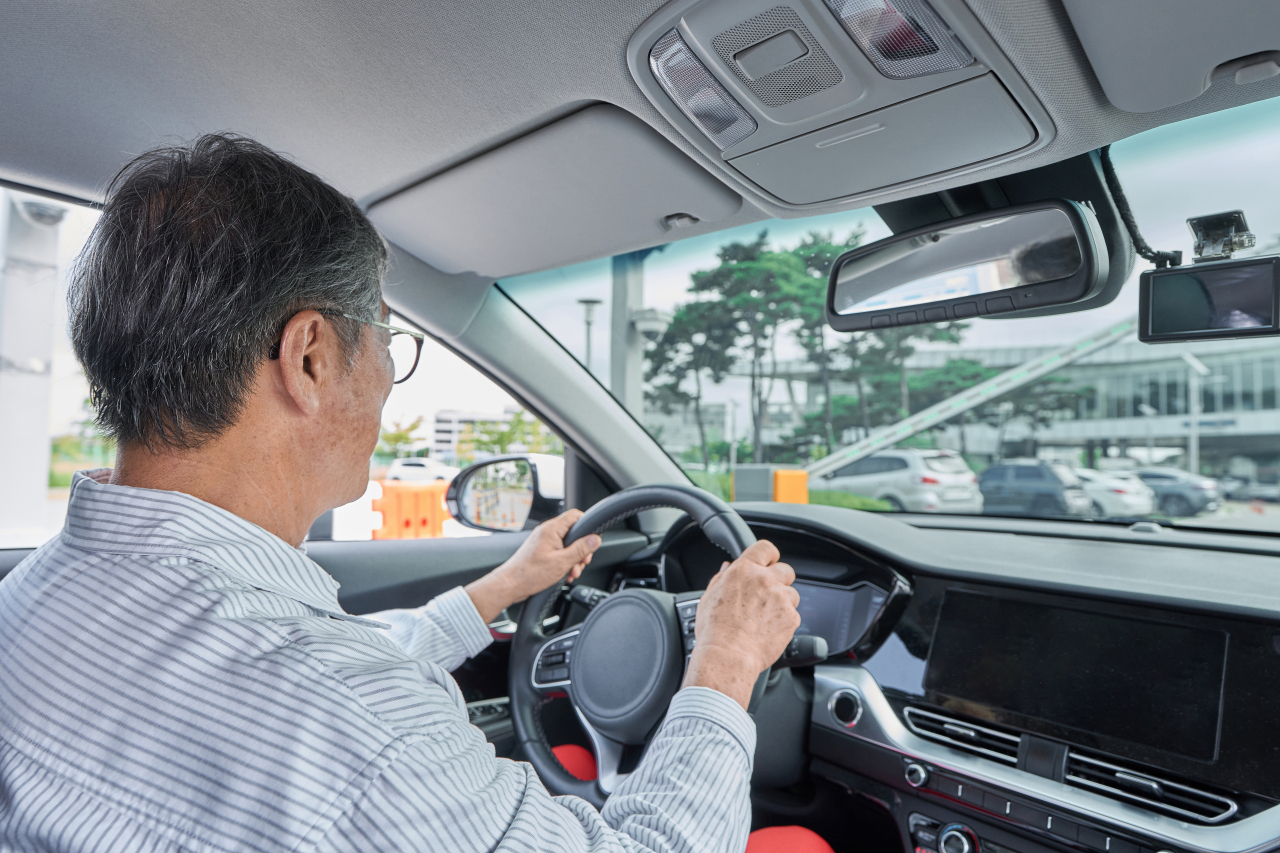 |
(Getty Images) |
The South Korean government’s plan to implement conditional licenses for "senior citizen drivers" has been reworded to "high-risk drivers," following a public backlash over potential infringement of the human right to mobility for older people.
On Monday, the Ministry of Land, Infrastructure, and Transport and the Korean National Police Agency said they were studying a new measure that would restrict highway access and nighttime driving for drivers 65 and over based on their driving capabilities. They said they plan to complete a relevant study this year and decide whether to introduce such a system next year.
The news incited a strong backlash, particularly those from the target age group, who argued that the plan would unfairly discriminate against older drivers based on age and that the government is branding older people as dangerous behind the wheel.
Unveiling the rephrasing of the qualifications for conditional licenses from "senior drivers" to "high-risk drivers," on Tuesday, the ministry explained that the intended focus is on drivers deemed to pose a greater traffic hazard due to a decline in their cognitive and physical condition, “regardless of age.” Conditional licenses are not intended to limit people's right to mobility but rather to guarantee this right by ensuring a safe traffic environment, police officials added.
As Korea’s population rapidly ages, the number of drivers aged 65 or older is correspondingly growing, as is the number of traffic accidents involving these senior drivers.
According to data from the Korean National Police Agency, road accidents involving drivers aged 65 and up reached 34,652 in 2022, the highest number since relevant statistics began to be compiled in 2005.
They accounted for 17.6 percent of all traffic accidents, up from 15.7 percent a year earlier.
There are currently 4.74 million senior drivers, a number projected to increase to 7.25 million by 2030 and to 13.16 million by 2040.
The ministry said it would take public opinion into account when deciding on and finalizing the details of its conditional license plan for "high-risk drivers."







